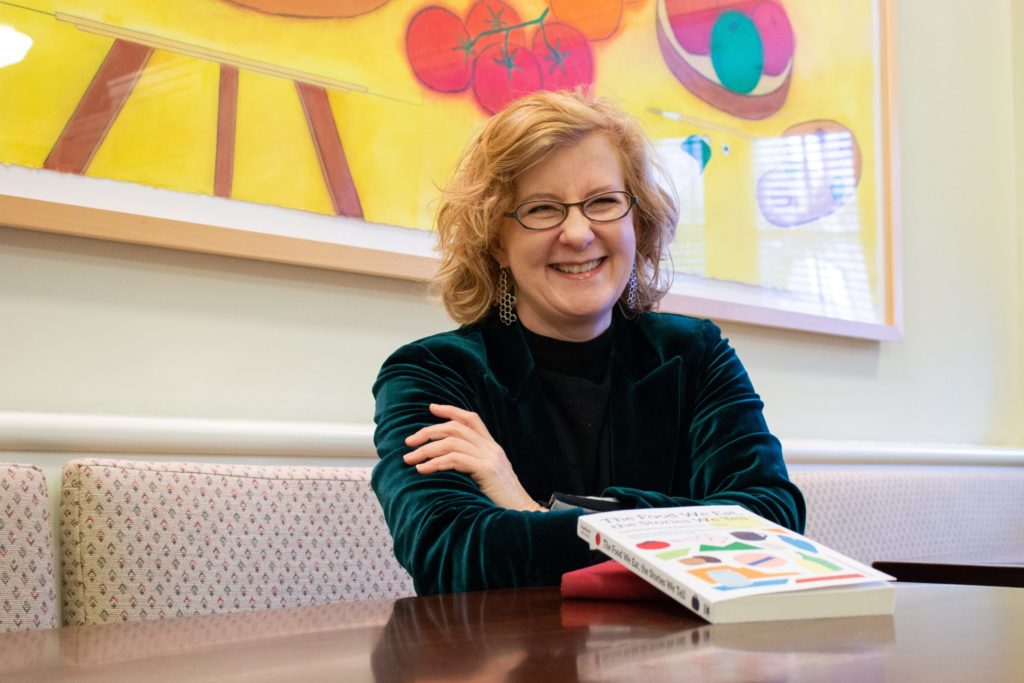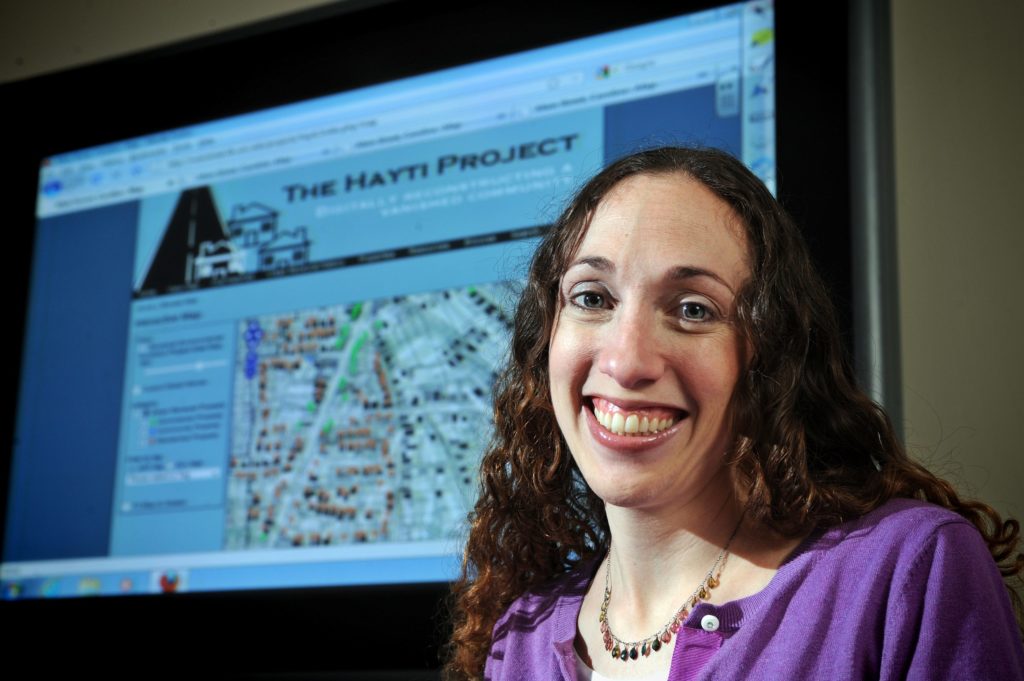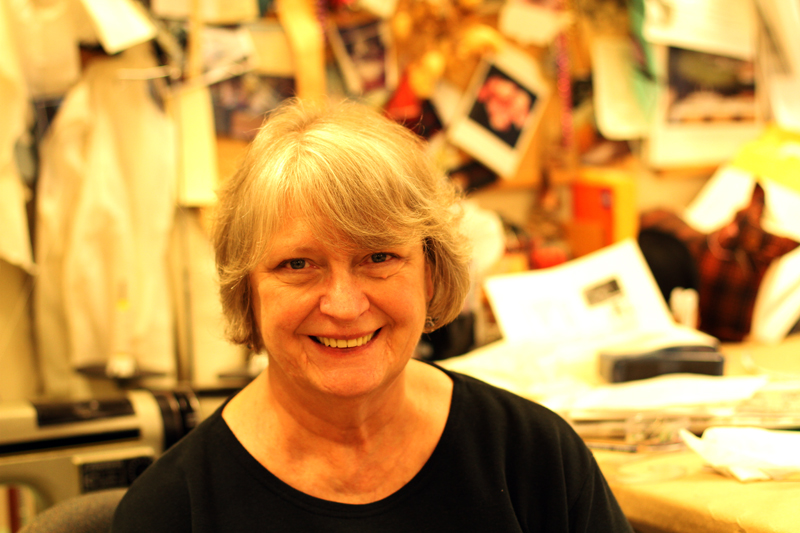The University of North Carolina at Chapel Hill has received a $1 million grant from the Andrew W. Mellon Foundation to support the Moore Undergraduate Research Apprentice Program (MURAP), a national program that aims to diversify the pool of students pursuing doctoral degrees in the humanities, social sciences and fine arts.
MURAP works with students from underrepresented minority groups, and others with a proven commitment to diversity, to support their ambitions to attend graduate school and become faculty members.
The $1 million grant, whose principal investigator is MURAP’s director, Dr. Rosa Perelmuter of Carolina’s department of romance studies in the College of Arts and Sciences, builds on previous Mellon Foundation support for the program and will fund MURAP through September 2019.
“We deeply value our partnership with the Andrew W. Mellon Foundation,” said Chancellor Carol L. Folt. “Its continued support of programs like MURAP has helped to advance Carolina’s commitment to both opportunity and excellence. With the Mellon Foundation’s help, MURAP is building the future of higher education by offering a premier training ground for diverse students to achieve their dreams.”
Each summer, MURAP brings 20 rising college juniors and seniors from all over the United States to Carolina for a 10-week, graduate-level research experience. Carolina faculty members serve as mentors to the students and guide their research, which explores topics in the humanities, social sciences or fine arts. The program is highly competitive and attracts outstanding students from across the country who seek admission for each class.
“Our students leave the program with the tools they need to transition successfully to graduate school and an awareness of the importance of belonging to a cohort of like-minded, diverse individuals with whom they form strong bonds that help them as they advance through the academic pipeline,” said Perelmuter.
Since MURAP launched in 1989, 468 students have participated in the program, 76 have gone on to earn a Ph.D., 62 are employed in teaching or administrative positions in academia and 17 have received tenure.
Success stories include that of Folashade Alao, a 2000 MURAP alumna who is now an associate director of undergraduate research at the Emory College of Arts and Sciences.
“MURAP was a critical step in helping me develop as a scholar, sharpen my critical tools and think about what it means to study a subject,” Alao said. “It was also a place where I saw superb research and mentoring modeled.”
Other MURAP alumni have gone on to hold faculty positions at Harvard University, Duke University, Howard University and Dartmouth College, among other institutions, as well as positions with the UNC system at the Wilmington campus. MURAP alumnus Dr. Brian Johnson, now president of Tuskegee University, called the program a “defining point in my academic and intellectual development.”
Figures from the National Science Foundation’s “2013 Survey of Earned Doctorates” underscore the need for increased numbers of minorities earning doctorate degrees – only 6.4 percent of Ph.D.’s received were by African Americans, 8.5 percent by Asians, 6.4 percent by Hispanics and .35 percent by American Indians or Alaska Natives.
“UNC-Chapel Hill has for two decades been innovating a model for training students during the summer and socializing them to graduate school and scholarly careers,” said Dr. Armando Bengochea, program officer for Diversity at the Andrew W. Mellon Foundation. “This model complements other pipeline programs supported by the Mellon Foundation and especially reflects the goals of the Mellon Mays Undergraduate Fellowship (MMUF). The foundation is delighted to partner with UNC-Chapel Hill in the continuing evolution of its model and in the service of our common goals to diversify the American professoriate.”
The Moore Undergraduate Research Apprentice Program is named for Mignon Moore, an associate professor of sociology at Barnard College and MURAP’s first Ph.D. Recipient.




